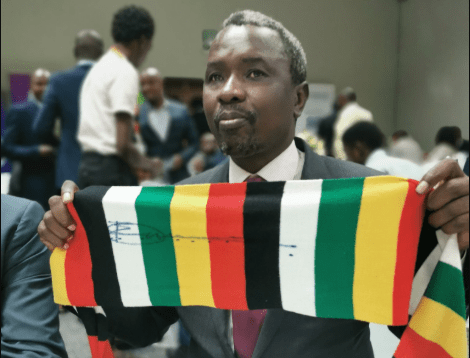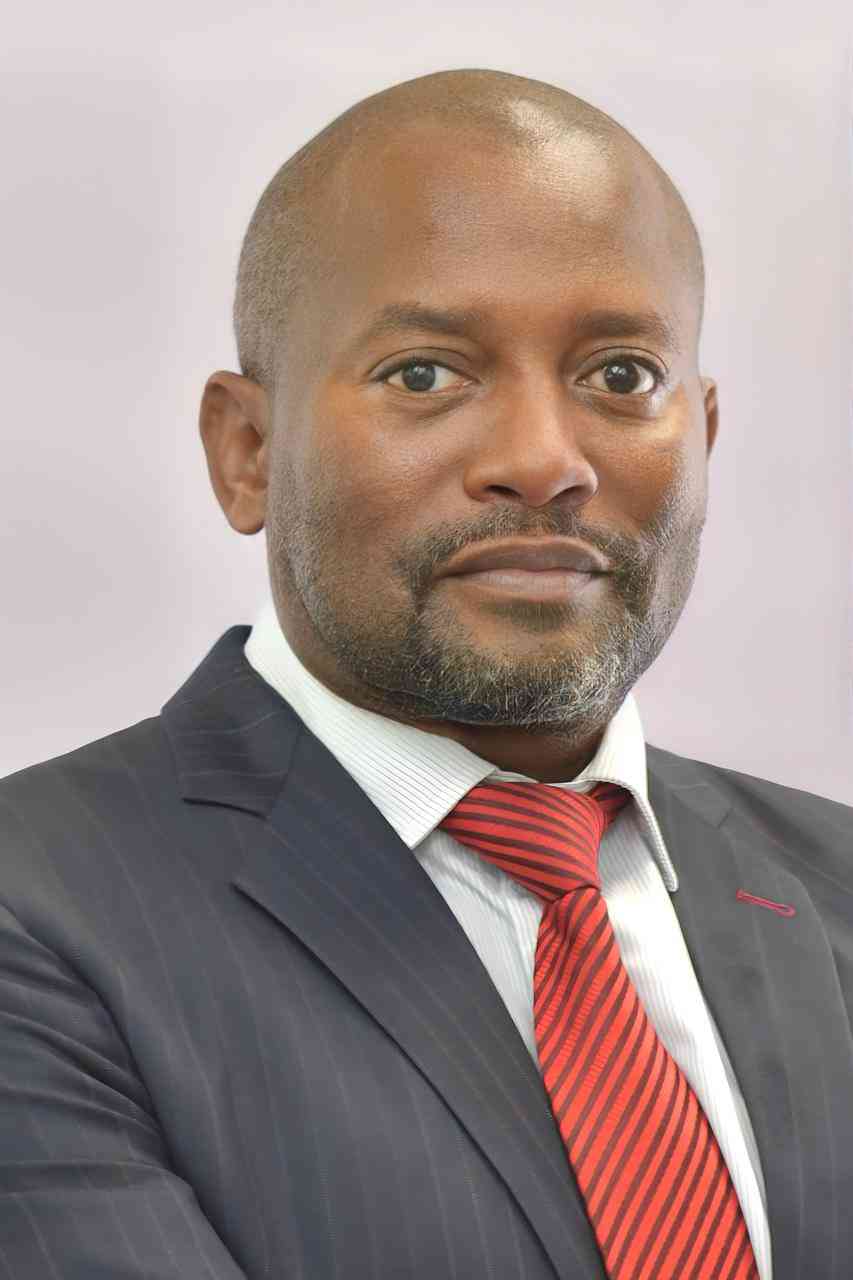
By Staff Reporter
THE United States Department of Treasury’s Office of Foreign Assets Control (OFAC) has slapped sanctions on Kudakwashe Tagwirei and his Sakunda Holdings for allegedly providing support to the Zanu PF regime.
Tagwirei is seen as enabler to President Emmerson Mnangagwa’s regime and has been clinching almost every government deal, including taking over all government-owned gold mines. “Tagwirei and other Zimbabwean elites have derailed economic development and harmed the Zimbabwean people through corruption,” said deputy secretary Justin G Muzinich.
“The United States supports the economic well-being of the Zimbabwean people and will target repressive and corrupt acts and graft by Zimbabwean politicians and their financiers.” The announcement came just after the second anniversary of the killing of six civilians by the army as Mnangagwa’s government violently cracked down on post-election demonstrations on August 1, 2018.
OFAC said Tagwirei had longstanding associations with the ruling party and high-level government officials, including Mnangagwa and Vice-President Constantino Chiwenga. The two leaders were put on the sanctions list in March 2003.
“Tagwirei has utilised his relationships with high-level Zimbabwean officials to gain State contracts and receive favoured access to hard currency, including US dollars. In turn, Tagwirei has provided high-priced items, such as expensive cars, to senior-level Zimbabwean government officials,” OFAC said, describing him as a corrupt businessman. “Since former Zimbabwe President Robert Mugabe’s 2017 departure, Tagwirei used a combination of opaque business dealings and his ongoing relationship with President Mnangagwa to grow his business empire dramatically and rake in millions of US dollars.”
Political analyst Alexander Rusero said Mnangagwa was the target, with the currently targeted individuals, just signals.
“Americans are simply sending a strong message and reminding him (Mnangagwa) that his smokescreen diplomacy has all but failed. The thing is, in international relations, you do not try to use your foreign policy to fix domestic crises,” Rusero said.
- Chamisa under fire over US$120K donation
- Mavhunga puts DeMbare into Chibuku quarterfinals
- Pension funds bet on Cabora Bassa oilfields
- Councils defy govt fire tender directive
Keep Reading
“That is what the ED government has been at pains at, hoodwinking the world through a charm diplomatic offensive and at times desperately hiring PR [public relations] firms and splashing hundreds of millions of dollars all in a shoddy attempt to convince the world to be liked.
“You fix your domestic crises and export it to the community of nations. Diplomacy is and should be anchored on domestic policy. But with a bad image, rampant rights abuses, and a militarised approach of dealing with dissent, sanctions are inevitably the only instrument at the disposal of any actor to register displeasure on what they perceive is wrong on another.”
Jameson Timba, secretary for presidential affairs in the opposition MDC Alliance, weighed in, saying the biggest sanctions burdening Zimbabwean leaders were the ones they imposed on themselves.
“There is no reason for abducting and torturing citizens. If someone is alleged to have committed a crime, police must investigate professionally and consciously respect the accused’s rights, not this primitive and barbaric conduct we have been witnessing of late,” he said.
“Secondly, the ordinary person is really suffering, but the political elites in government and outside are busy looting. Corruption is killing us. We can’t breathe. The duty of government is to remove the reasons why external players impose targeted measures. Screaming on top of a mountain for their removal won’t cut it. Embark on genuine political and economic reforms and stop looting and abusing human rights.”
But Information minister Monica Mutsvangwa said no country outside the ambit of the United Nations had authority to unilaterally impose sanctions against other nations or their respective citizens.
“Zimbabwe has been a victim of such wayward action ever since 2002, when Zidera [Zimbabwe Democracy and Economic Recovery Act] was passed,” she said. “The illegal sanctions have been a great cost to the human development index of Zimbabwe to the extent of wobbling our capacity to fight a pandemic like COVID-19. #ZimbabweanLivesMatter!”











